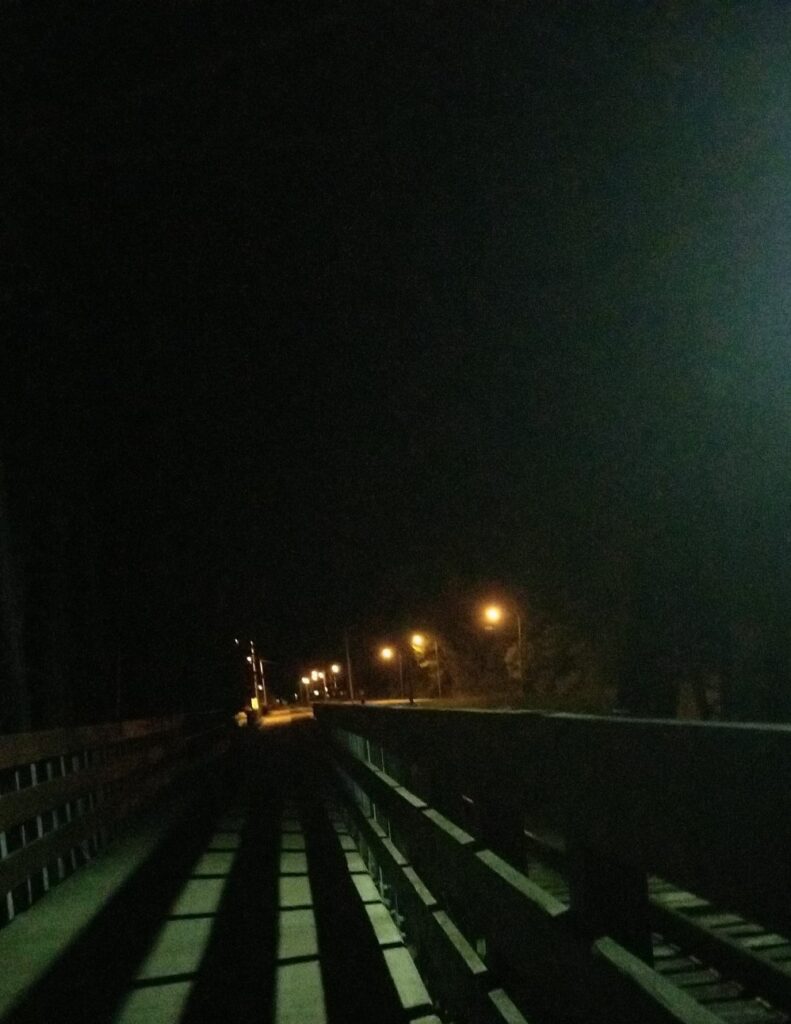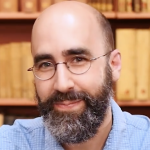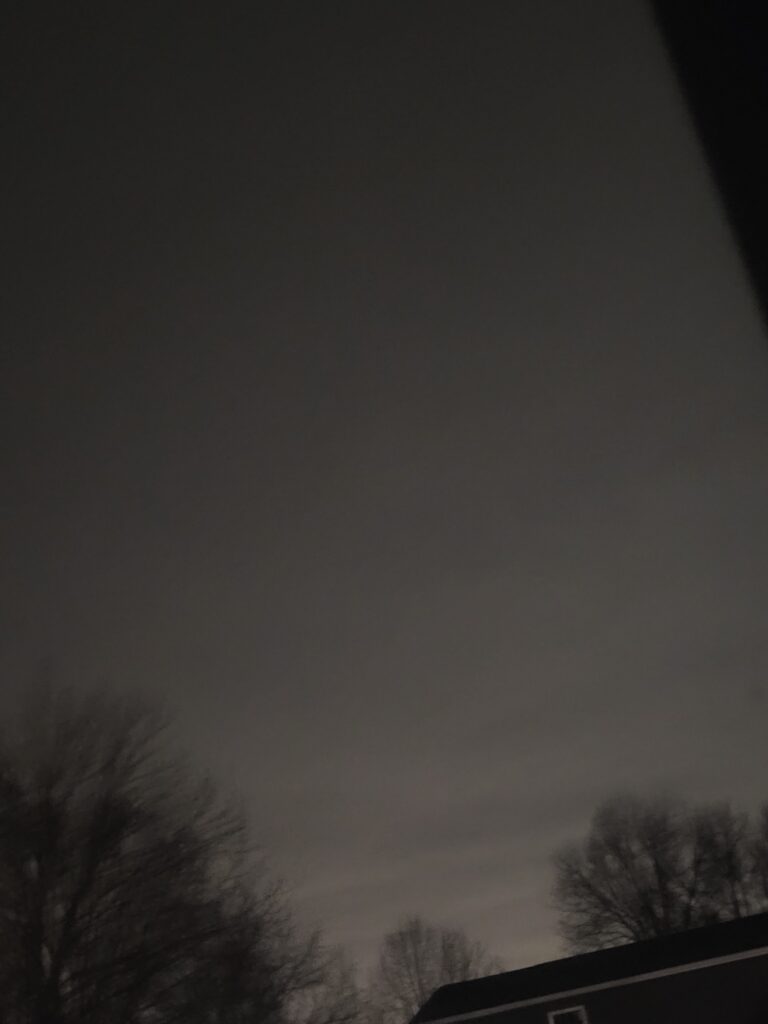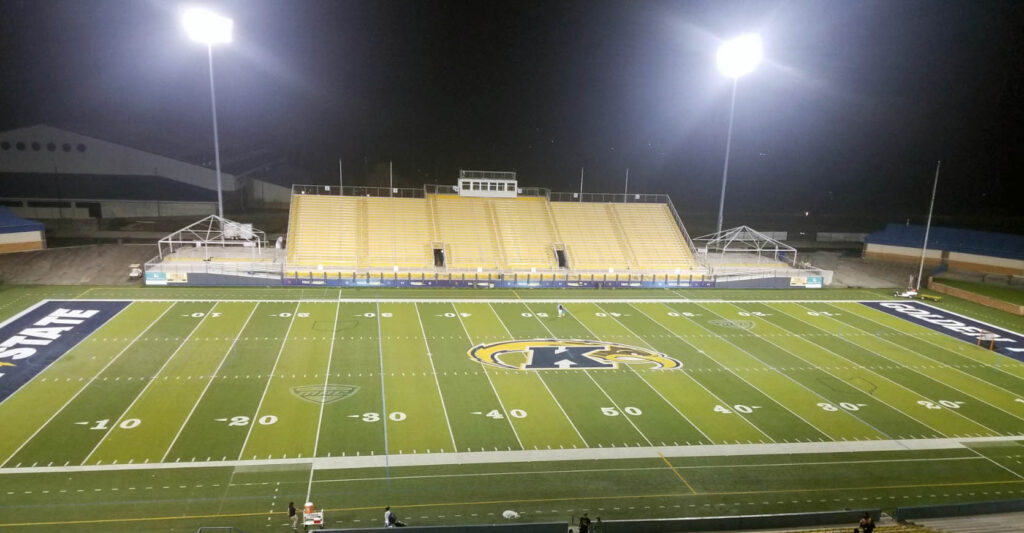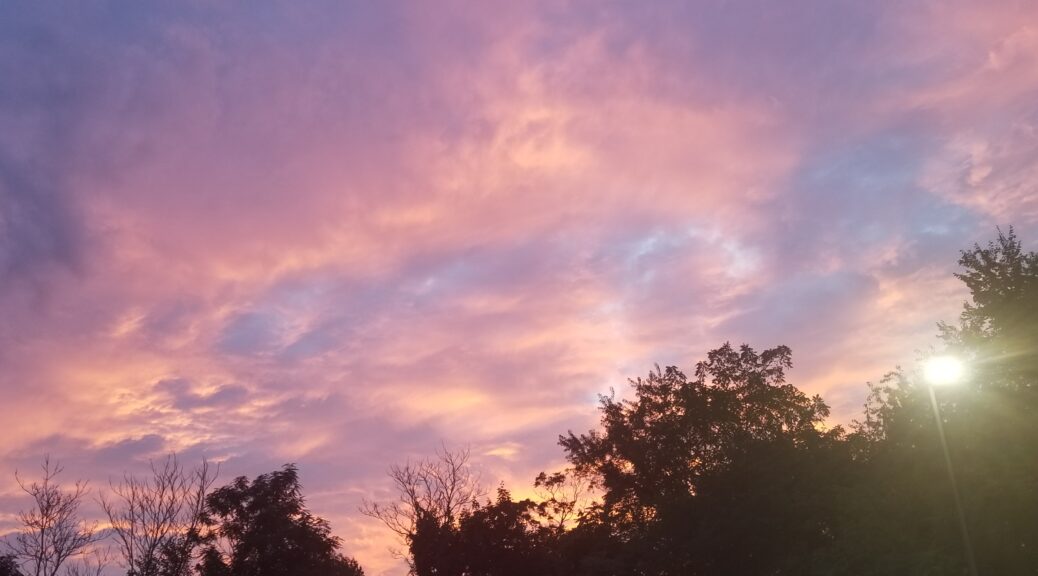
Written In The Stars
It is believed that with the higher usage of light and the greater aspects of light pollution that a lot of people are missing the stars at night “Due to light pollution, it is estimated that 30% of people worldwide have been robbed of their nightly view.” (news.sky.com). People are noticing the changes in the sky. Like Devin Channel who used to live in the country, but has since moved to a more city environment in Texas, “It’s weird, you know. I used to watch the stars with my younger sister back home, but now. Now I struggle to even see them at night.” On top of that, due to light pollution over half of our country has never seen the milky way,
“The luminous glow of light pollution prevents nearly 80 percent of people in North America from seeing the Milky Way in the night sky.”
Connie Walker
Light pollution is a dangerous pollution that not a lot of people think about. In a study I conducted with 36 people, when asked to rank different types of pollutants, the one that ranked near the bottom every time in severity was light pollution. However, Connie Walker, explains how light pollution is a bigger deal for people’s health then they might think,
“Their natural circadian rhythms and when they get disrupted, it can have an adverse effect or impact on our health and they can cause things like sleep deprivation, insomnia, depression, obesity, diabetes, cardiovascular disease, and even cancer”
Connie Walker
On top of that Walker also talks about how with the loss of the night sky could mean that the next generation loses forms of inspiration that others had for well-known pieces “Washed out sky causes a loss of inspiration for the next generation (The starry night sky inspired Van Gogh (with his Starry Night painting), Holst (with his musical composition, The Planets) and Shakespeare (with his sonnets on the Sun and Moon)”. That’s how light pollution can cause adverse effects to humans, but we are not the only ones that will feel the wrath of these changes, animals will be affected in just as bad ways “Migrating birds, and hatchling sea turtles are lured away by bright city lights. Birds will circle the brightly lit buildings until they’re exhausted and die.” The effects have even more impact on animals then just that though, “A recent study, Light pollution is a driver of insect decline, The light affects insect movement, foraging, reproduction and predation” (www.unep.org).The whole world would be affected by the disappearance of the stars in the sky, by throwing humans and animals off of their games, it’s not all bad news because just like a lot of humanities issues, there are groups out there fighting these issues trying to find ways to not only cut back on light pollution, but also find ways to bring better awareness to this issue.
The International Dark Sky Association has been working for decades to slow down and hopefully reverse light pollution. The International Dark Sky Association is just one of the groups that try to bring awareness to the world. Not only that, but Christopher Kyba talks about how some international countries are taking efforts to try and help this issue, “France has a several year old light pollution law that requires that after a certain hour, signs and advertisements must be turned off. They also require that if you have a big building, and there’s no one needed anymore and it’s not being cleaned, then within an hour of everybody leaving all the lights have to be turned off”. It’s not just international countries that are trying
to do things as well as there are groups in the United States that Kyba talked about that try to help out the animals for this situation, “In the US, the Audubon Society that’s protecting birds has this lights out campaign. During the bird migration season, they ask people who operate really large things to turn the lights off for several weeks during the migration season.” One project that has already spread through thousands of miles is the Skyglow project, “SKYGLOW is an ongoing crowdfunded project spanning 150,000 miles and 3,000,000 pictures taken, which explores North America’s remaining magnificent night skies and the grave threat of light pollution to our fragile environment” (skyglowproject.com). This project is designed to show the before and after effects of light pollution via photos. It will be a large collection of photos at the same location with the stars slowly disappearing over time as the pollution gets greater and greater. The sky is getting so bad at some locations that Walker even believes that we could lose it all
“Yes, if we do not take steps to fix this light pollution problem, it is possible we will completely lose sight of the night sky.”
Connie Walker
Of course if you’re feeling like you want to do something right now to try and help this cause, you’re in luck as Walker laid out a few ways for everyday people to help out and make a difference, “You can use outdoor lighting only when you need it, where you need it, and by how much is needed. To help, you can use motion sensors or timers.” She would explain later on how with the invention of the light post, this has become a lot harder to do, but that if households were to not keep outside lights on when the sun goes down could make a huge difference. Another way to help that she talked about was,
“You can minimize the amount of blue light, use warmer or more yellow lights, especially lights without too much blue light which has been shown to affect people’s health, as well as the health of animals. You can also use fully-shielded fixtures, which directs light down where you need it and not skyward where it contributes to the brightening of the night sky.” Here Walker is talking about different products that you can get to help not only keep you healthy, but keep your pets safe and feeling good. Then she tells you about a product that is both helpful to you and helpful in keeping the night sky dimmer. For even more tips and tricks to keeping your light pollution contribution down, go to www.darksky.org to learn more.
